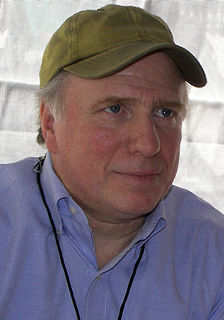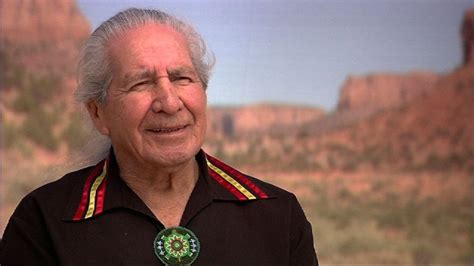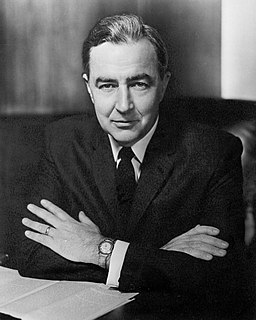A Quote by Baruch Spinoza
Ceremonies are no aid to blessedness.
Quote Topics
Related Quotes
Ceremony assists people to adjust to change (a marriage ceremony does this for families), to recognize achievement (a classic example is a graduation ceremony), to relate, to express love, and/or to establish a relationship. Ceremonies are the human way we have to signpost a deal such as a business merger, to trigger off a healthy grief process (such as in divorce or funeral ceremonies), to welcome another human being into the family. So Ceremonies have these excellent effects - they can be used further to announce intentions, to express loyalty and to reinforce a sense of identity.
The notion that aid can alleviate systemic poverty, and has done so, is a myth. Millions in Africa are poorer today because of aid; misery and poverty have not ended but increased. Aid has been, and continues to be, an unmitigated political, economic, and humanitarian disaster for most parts of the developing world.
Almsgiving tends to perpetuate poverty; aid does away with it once and for all. Almsgiving leaves a man just where he was before. Aid restores him to society as an individual worthy of all respect and not as a man with a grievance. Almsgiving is the generosity of the rich; social aid levels up social inequalities. Charity separates the rich from the poor; aid raises the needy and sets him on the same level with the rich.
We have to do that. We have to be thankful. That's what we said. Two things were told to us: To be thankful, so those are our ceremonies, ceremonies of thanksgiving. We built nations around it, and you can do that, too. And the other thing they said was enjoy life. That's a rule, a law- enjoy life- you're supposed to.
The temple is a sacred edifice, a holy place, where essential saving ceremonies and ordinances are performed to prepare us for exaltation. It is important that we gain a sure knowledge that our preparation to enter the holy house and that our participation in these ceremonies and covenants are some of the most significant events we will experience in our mortal lives.







































